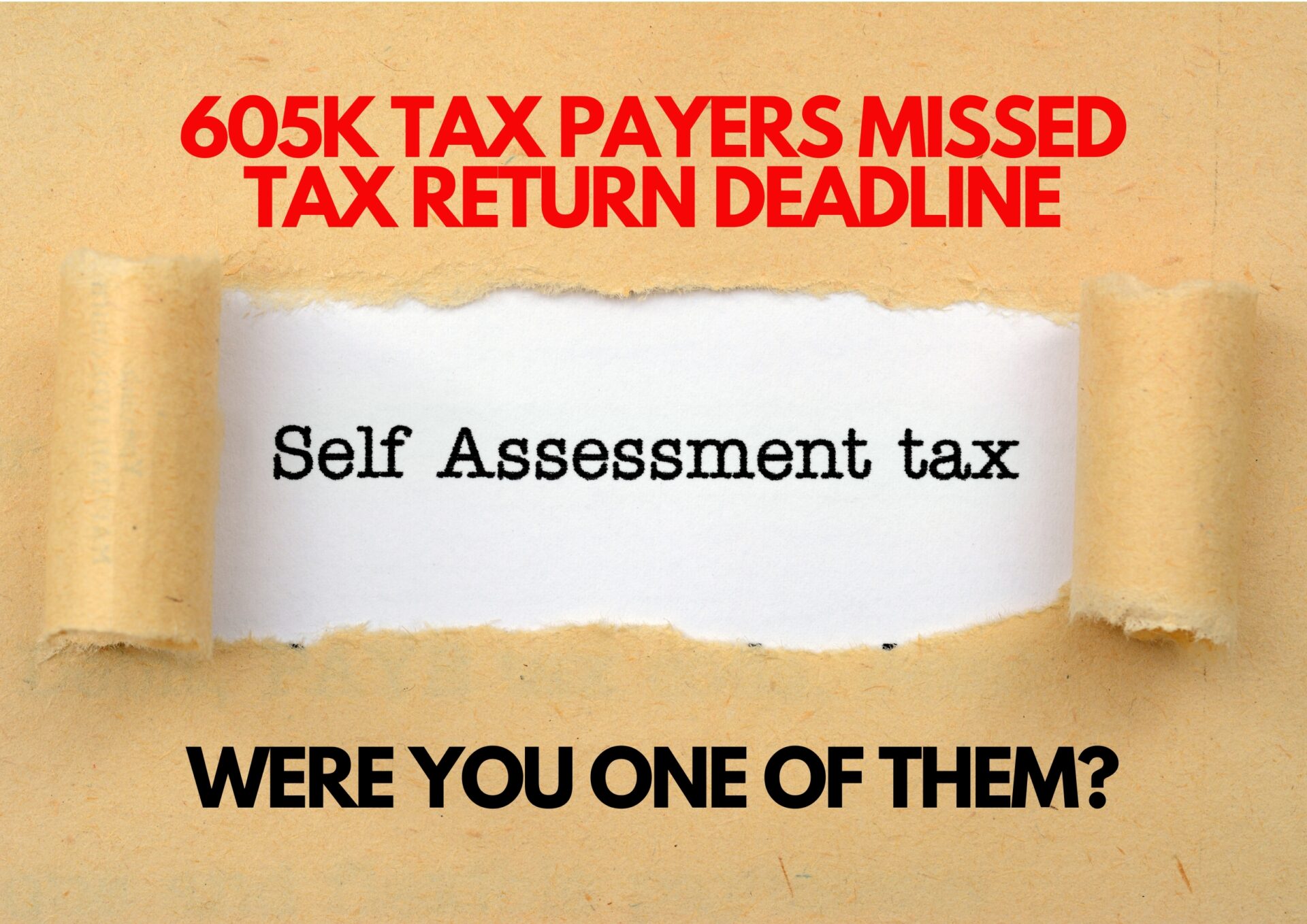Monday, 9th March 2020
As a business owner, you have already made sure that your business is off the ground and doing well. The combination of work force, systems and investments are all sorted.
HOWEVER – what about your pension?
Many business owners forget about their own pension savings post. With the tax year end coming soon, now is the time to make up for it. Let Onyx review your pensions savings to ensure you make the most of your annual contribution limit.
You will not want to miss out on the tax relief benefits of investing wisely into your personal pension.
There is a combination of generous tax reliefs on pension contributions, all of which can make your pension particularly useful for both retirement and estate planning:
• tax-efficient growth within a pension fund
• flexible access from the age of 55; and
• tax efficient death benefits
Onyx Accountants and Business Advisors have access to a large team of professionals who are ready to implement the many opportunities for pension planning. It is important to talk to an Independent Financial Advisor (IFA) before taking action and we would be pleased to introduce you to one of our team.
CONTRIBUTION LIMITS – ANNUAL ALLOWANCE
Understanding the rules and limits on pension contributions can be confusing.
Everyone is entitled to the pension annual allowance (AA) which limits the relief for contributions. This does not mean that you must set a limit on how much you invest, however the tax relief you will receive is restricted.
However, for each tax year you cannot pay more in contributions into your pension fund that exceed your earnings. Why?
Pension contributions to a registered pension scheme are limited to your net relevant earnings (NRE). This is your total taxable earnings less any tax-deductible expenses, some tax reliefs and gift aid payments. Therefore, if the amount that you want to contribute is less than the AA plus any used AA for the previous three years, the amount that you can contribute will be capped.
ARE YOU A COMPANY DIRECTOR DRAWING A SMALL SALARY TOPPED UP WITH DIVIDENDS?
Due to the NRE contribution limits, you might think that the only way to build up your personal pension fund is to increase your salary. Whilst this would increase your NRE it would defeat any tax and NI savings already being made by adopting the ‘low salary plus dividends’ strategy.
To maintain the tax and NI savings, you could make employer contributions through your company direct into your personal pension fund.
Our specialist advisors will check the details of your pension to make sure that it will accept employer contributions. If it does not, then they will be able to liaise with your pension provider to amend the terms or arrange for a new pension plan that will.
The major benefit to you is that the employer contributions are not affected by the NRE limit. This is because they are not treated as a taxable benefit in kind. There are no negative tax consequences for you as the individual and no NI consequences for the company. The employer contributions are an allowable expense in the company accounts which means a reduced corporation tax bill.
Tax savings all round!
CONTRIBUTION LIMITS – LIFETIME ALLOWANCE
With effect from 6th April 2019 the Lifetime Allowance (LTA) for pensions savings was £1.05 million. Previously it was £1 million.
Pension contributions made by you as an individual will attract tax relief at your marginal rate.
Due to the increase in the LTA, the government had provided transitional protections however they did not set a deadline for applications. Therefore, if this applies to you then in certain circumstances, you may still be able to apply for protection.
This will apply to you if you have already accumulated substantial money purchase pension funds (e.g. Personal Pension) or perhaps you are a high earner in relation to membership of a Defined Benefit Scheme.
This is a very complex area where our specialist team will offer advice, where relevant, before foregoing valuable benefits from an employer (e.g. Employer Pension Contribution or accrual under a Defined Benefit Scheme) simply to avoid a Lifetime Allowance Charge.
PENSION CARRY FORWARD
The pension annual allowance can be carried forward for three tax years providing you were a member of a registered pension scheme during that period. Any unused annual allowance for the three previous tax years (2016/17, 2017/18 and 2018/19) can be added to your 2019/20 allowance (giving a maximum contribution of £160,000) and will attract tax relief at your marginal rate.
If you run your own company, there may be an opportunity to extract profits tax efficiently by making this contribution through your company. The last opportunity to utilise any available carry forward allowance available from the 2016/17 tax year will be 5th April 2020.
If this applies to you then contact Onyx now to ensure any allowable employer contributions are made before 5th April 2020.
PENSION TAPERED TAX RELIEF
Since the 6th April 2016, pension tapered tax relief has restricted the pension allowance of individuals with adjusted net income exceeding £150,000. These individuals have seen their standard allowance of £40,000 reduced by £1 for every £2 of income in excess of £150,000.
Individuals with an adjusted net income in excess of £210,000 will suffer the full reduction of their annual allowance to £10,000. No tax relief will be available for contributions in excess of this figures.
The definition of adjusted net income is complex and includes employer pension contributions as well as other sources of income such as rental income.
Contact our specialist tax team now to review your current tax position to see how the pension taper will affect the amount of tax relief you can claim.
PENSION FREEDOM REFORMS – ARE YOU OVER 55?
The pension freedom reform which was introduced several years ago will allow an individual aged over 55 to withdraw their entire pension fund as a lump sum.
Does this apply to you? If you are considering this, then you need to understand that the amount withdrawn from your pension fund is likely to be treated as ‘income’ and will be taxable at your marginal rate.
A lump sum withdrawal can result in a significantly higher tax bill than if the same income was withdrawn over multiple tax years, therefore utilising each year’s respective allowances and income thresholds. Lump sum withdrawals should be considered very carefully.
You should also be aware of the IHT efficient nature of pension death benefits as the withdrawal of lump sums will add to the ‘taxable estate’ when accumulated rather than spent.
Our specialist advisors will check the details of your pension fund to ensure that all withdrawals are implemented in the most tax efficient way.
GET IN TOUCH WITH ONYX
If you have any queries, or want to discuss further, please give us a call or e-mail us at enquiries@onyxaccountants.co.uk for a FREE no obligation consultation.
Got any questions or queries? Our friendly team of tax specialists are happy to help. Just drop us a line! Call us on 0121 753 5522 or 01902 759 800.





